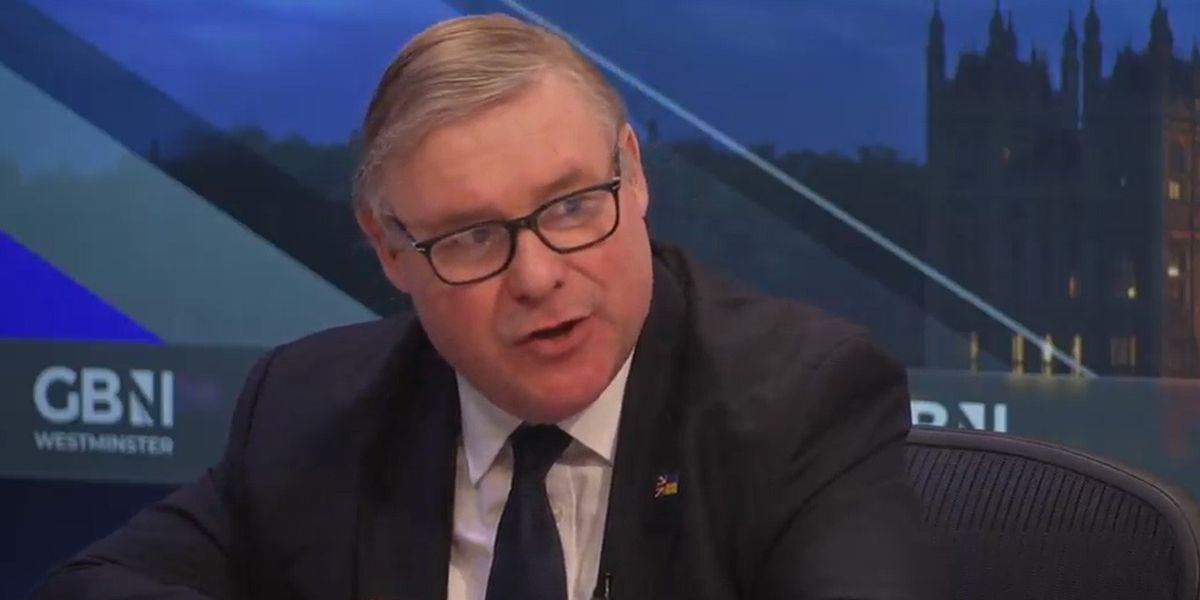Two days after the war broke out, I established the Purple Emergency Center – an emergency assistance center for people with disabilities.
By SHIRLY PINTO-KADOSH NOVEMBER 14, 2024 01:57 ‘I dream a lot about the future. I see a stronger, more inclusive Israeli society,’ says the writer
(photo credit: Office of Shirly Pinto-Kadosh)
‘I dream a lot about the future. I see a stronger, more inclusive Israeli society,’ says the writer
(photo credit: Office of Shirly Pinto-Kadosh)
On the awful Saturday morning of October 7, when I woke up to a new and shocking reality, I felt my pulse racing. As a deaf woman, I couldn’t hear the sirens but could feel the tremor in the air. At that moment, as a deaf mother to two small deaf children, I knew I had a critical mission.
Childhood memories flooded me. I remember myself, a small girl, frightened and confused during the Gulf War. Sirens were echoing, but for me, there was complete silence. The fear, confusion, and helplessness were so tangible. And I knew, on that difficult morning of October 7, that thousands of people across the country were now experiencing that same sense of helplessness.
I couldn’t sit idly by. Two days after the war broke out, I established the Purple Emergency Center – an emergency assistance center for people with disabilities. Together with the Shavim Association and Mifal HaPais, we began a race against time. We distributed medications, provided tablets for children on the autism spectrum, helped evacuate people to accessible homes, and brought food to those who were homebound. Each action, each bit of assistance, meant the world to someone.
The reality that unfolded before our eyes was unbearable. I saw people confined to wheelchairs, trapped in homes without accessible bomb shelters. I met parents of children with special needs, exhausted and frightened, without a supporting framework. I spoke with deaf people who experienced anxiety attacks because they couldn’t hear the sirens. Each story broke my heart but also strengthened my resolve.
This war, forced upon us, created a new and complex reality. Suddenly, the circle of people with disabilities expanded dramatically. Those wounded physically and mentally joined us, and the state isn’t prepared to handle it. There are not enough resources, not enough awareness, and certainly not enough trained personnel.
From this understanding, from the pain and hope, the Purple Home Front program was born. The vision is simple: to ensure that during emergencies, no person with disabilities is left behind. We are operating on all fronts – with decision-makers, on the ground with organizations and associations, and in every city and settlement across the country.
Building resilience through inclusive support
When I speak with mayors and council heads, I remind them: Your community’s resilience is measured by your ability to care for each and every resident. Together, we map needs, train teams, and make shelters accessible. Every small step is a big victory in this struggle.
I dream a lot about the future. I see a stronger, more inclusive Israeli society. A society where every person, regardless of their limitations, knows someone is looking out for them. That in times of crisis, they won’t be left alone.
Purple Home Front is more than an emergency program. It’s a declaration of values. It says that all lives are of equal value. That our strength as a nation is measured by how we treat our most vulnerable.
This is the mission of Purple Home Front. This is my commitment as a person, as a public servant, and as someone who has experienced these challenges firsthand. Together, we will ensure a better, safer, and more equal future – for all.
Stay updated with the latest news!
Subscribe to The Jerusalem Post Newsletter
The writer was the first deaf Knesset member representing the National Unity Party. She is now a leader in advancing disability rights, having led significant legislation in accessibility and equality during the 24th Knesset. She is also a public diplomacy ambassador for the Foreign Ministry, Diaspora Ministry, and the Israeli citizen spokesperson’s office.

 By The Jerusalem Post (World News) | Created at 2024-11-14 00:10:07 | Updated at 2024-11-21 22:11:09
1 week ago
By The Jerusalem Post (World News) | Created at 2024-11-14 00:10:07 | Updated at 2024-11-21 22:11:09
1 week ago








